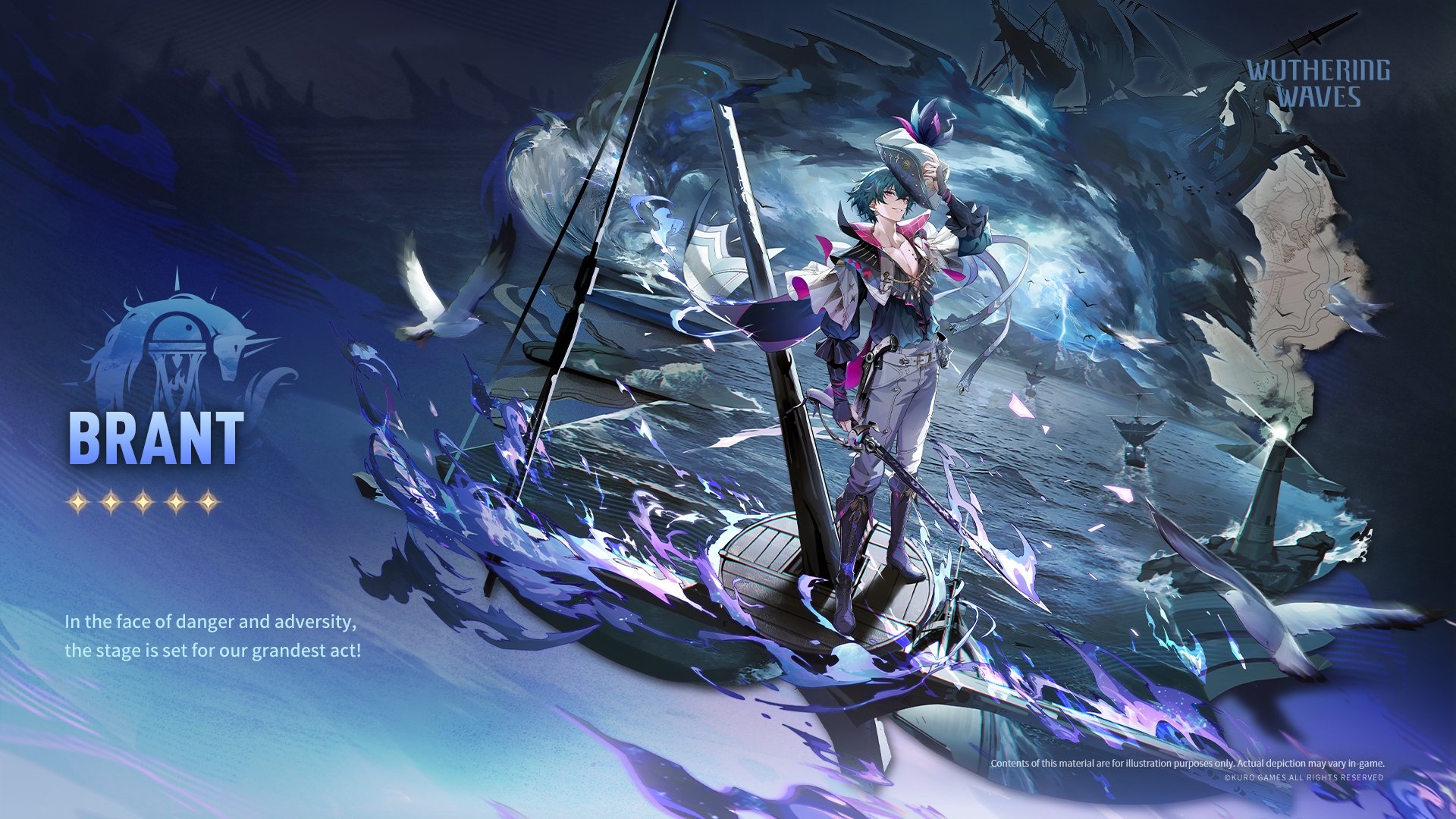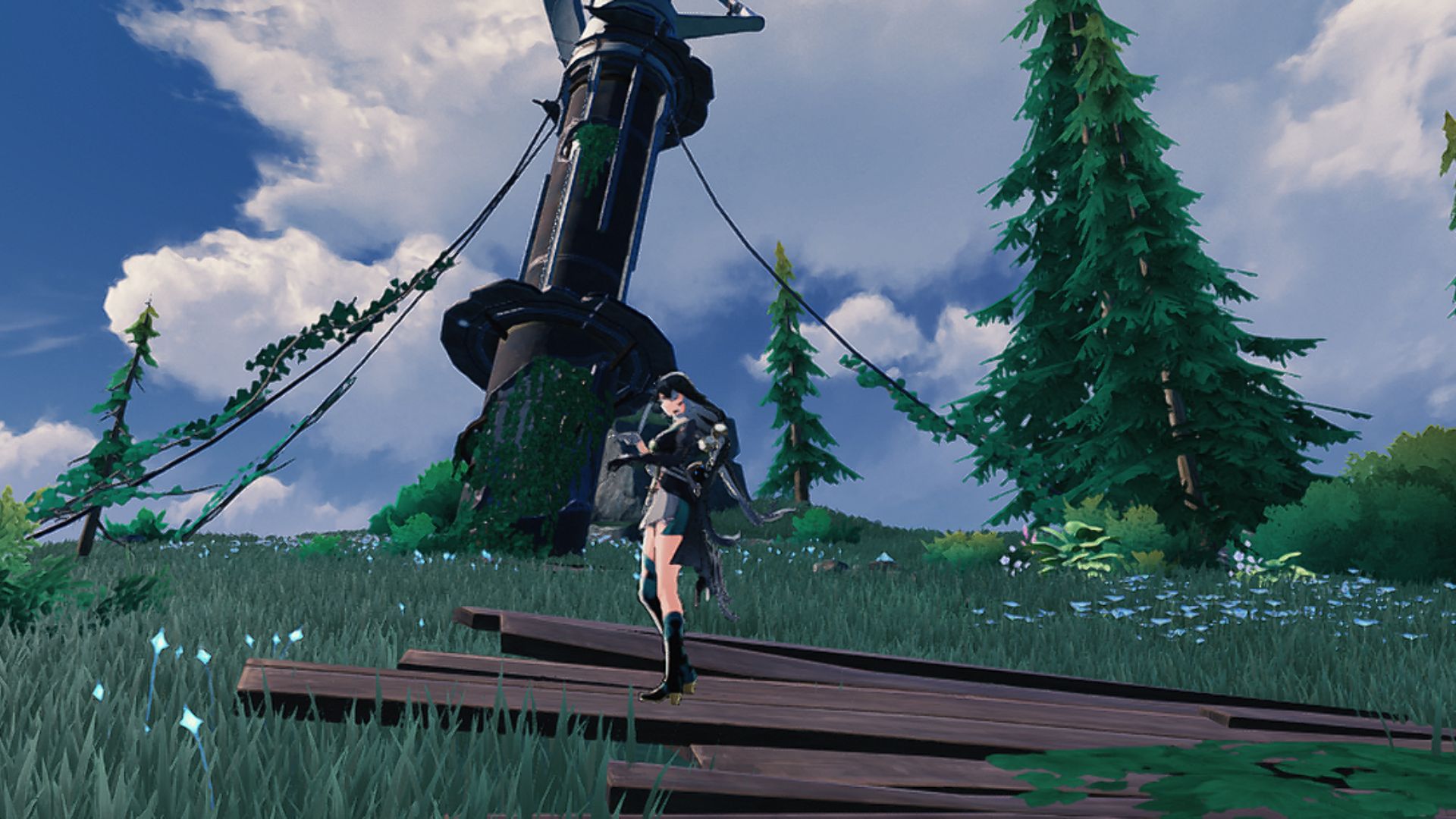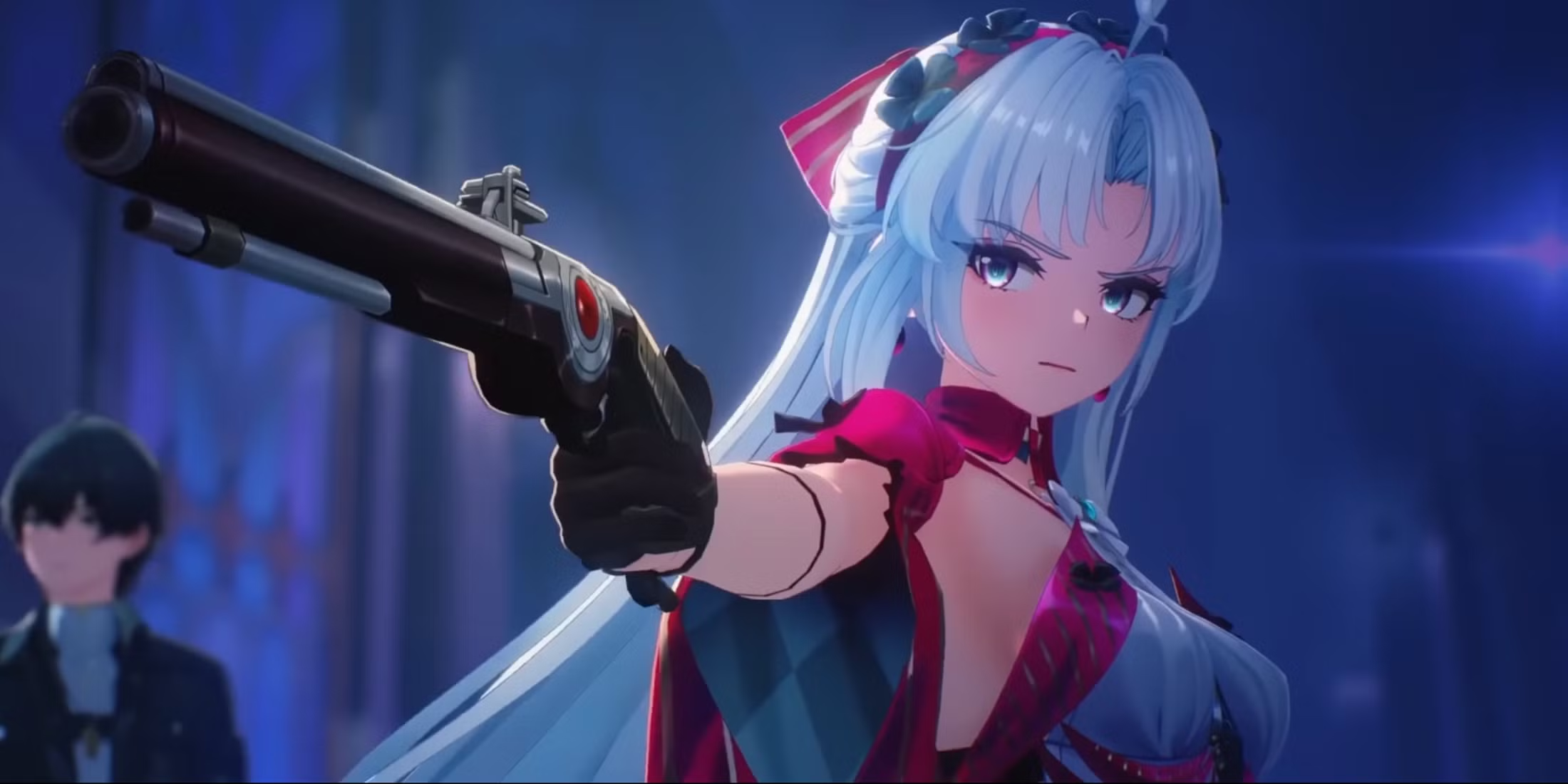Wuthering Waves and Genshin Impact have players with their expansive worlds and engaging combat systems. As action role-playing games, both emphasize dynamic battles, yet they approach combat mechanics differently. This article examines the combat systems of both titles to determine if Wuthering Waves surpasses Genshin Impact in this aspect.
Understanding the nuances of each game’s combat can help players appreciate their unique offerings. While Genshin Impact has set a high standard since its release, Wuthering Waves aims to innovate within the genre. By analyzing their combat mechanics, we can assess how each game caters to player preferences.
Combat Mechanics in Wuthering Waves

Wuthering Waves introduces a parry system, allowing players to counter enemy attacks with precise timing. This mechanic rewards skillful play, enabling players to stagger foes and create openings for significant damage. The inclusion of both parry and dodge options adds layers of strategy to engagements.
Additionally, the game features a resource known as the Concerto Bar. Characters accumulate energy through various actions, which can be spent to unleash powerful abilities. This system encourages players to manage resources effectively, adding depth to combat decisions.
Combat Mechanics in Genshin Impact

Genshin Impact’s combat revolves around elemental interactions. Each character wields an elemental affinity, and combining these elements can trigger reactions like Vaporize or Superconduct. These reactions deal additional damage or apply status effects, promoting team synergy and strategic planning.
The game also emphasizes character roles, with distinct functions such as damage dealers, supports, and healers. Players are encouraged to switch between characters during combat to maximize effectiveness, creating a dynamic and fluid battle experience.
Comparative Analysis

Wuthering Waves offers a more reactive combat experience with its parry system, rewarding precise timing and defensive strategies. The Concerto Bar further enhances this by requiring players to balance energy accumulation and expenditure. These mechanics cater to players who enjoy a hands-on, skill-based approach to combat.
In contrast, Genshin Impact’s combat is deeply rooted in elemental strategy. The focus on elemental reactions and character roles encourages players to think about team composition and the sequencing of attacks. This system appeals to those who appreciate planning and synergy in their combat approach.
Both Wuthering Waves and Genshin Impact present compelling combat systems that cater to different player preferences. Wuthering Waves emphasizes skillful timing and resource management, offering a combat experience that rewards precision.
Genshin Impact focuses on strategic planning through elemental interactions and team dynamics. Ultimately, the superior combat system depends on individual player tastes and the type of challenge they seek in gameplay.


